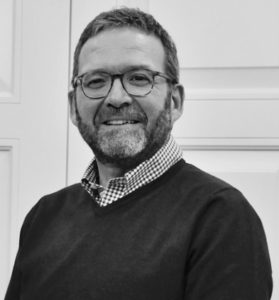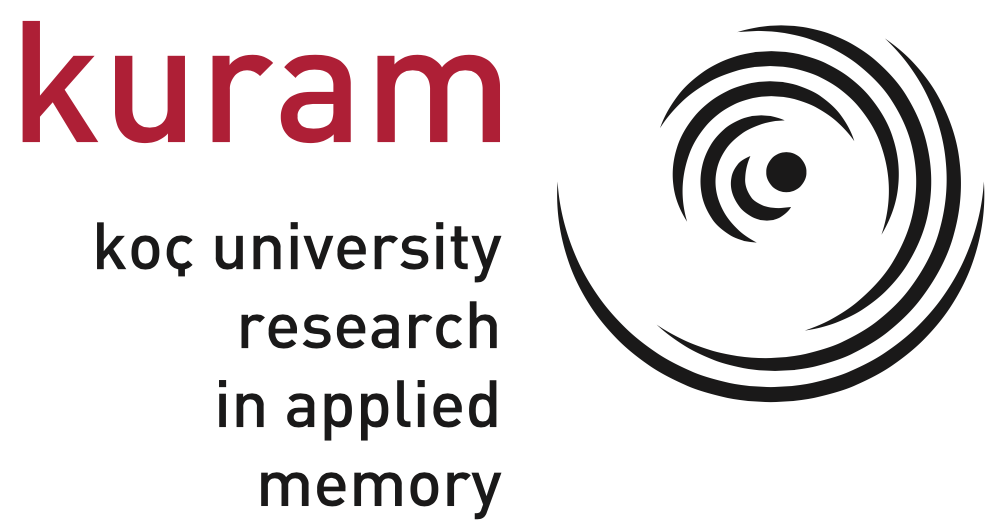
Prof. Dr. Sami Gülgöz
Since the beginning of this century, my main area of research has been autobiographical memory. Before that, I worked in the area of text comprehension and memory but eventually I became more intrigued with different aspects of autobiographical memory. My research led me into different directions depending upon the context, therefore, I have publications and talks on personality, scientific publications, and improvement of cognitive skills, among other topics. My choice of this lifestyle (I call it a lifestyle, not a career, nor a profession, nor a job) occurred when I discovered the gratification and enjoyment I was getting from teaching and doing research, the topic of research was less of an issue.
At this point in my life, I am somewhat more focused, with memory research taking the center stage, a chain of working memory projects alongside many autobiographical memory studies. Besides research and teaching, another source of great satisfaction for me is my work with Educational Volunteers’ Foundation of Turkey (Türkiye Eğitim Gönüllüleri Vakfı) where I aim to contribute to the welfare of the country by supporting children’s education.


 For more information, please click here to visit my ORCID profile
For more information, please click here to visit my ORCID profile